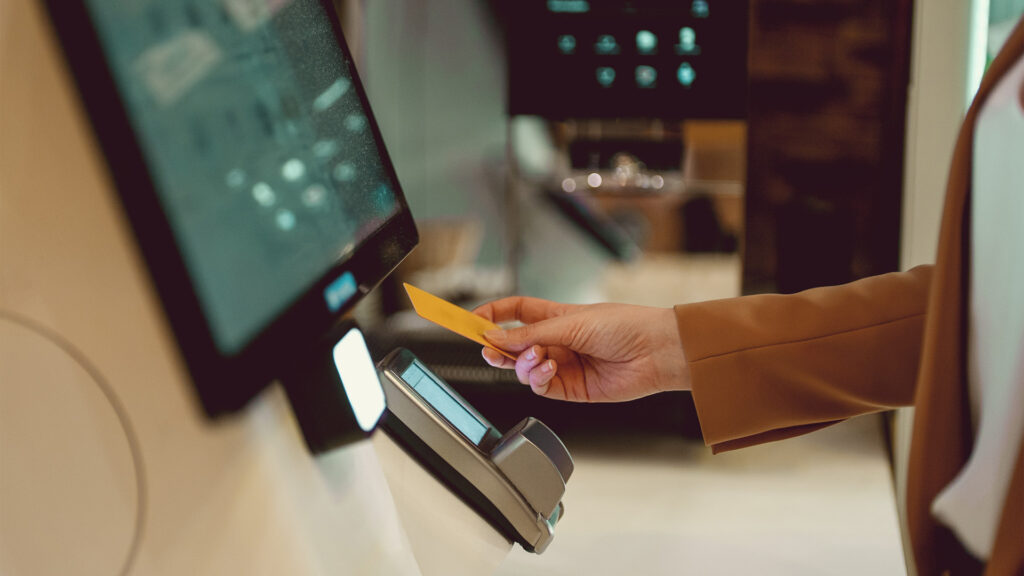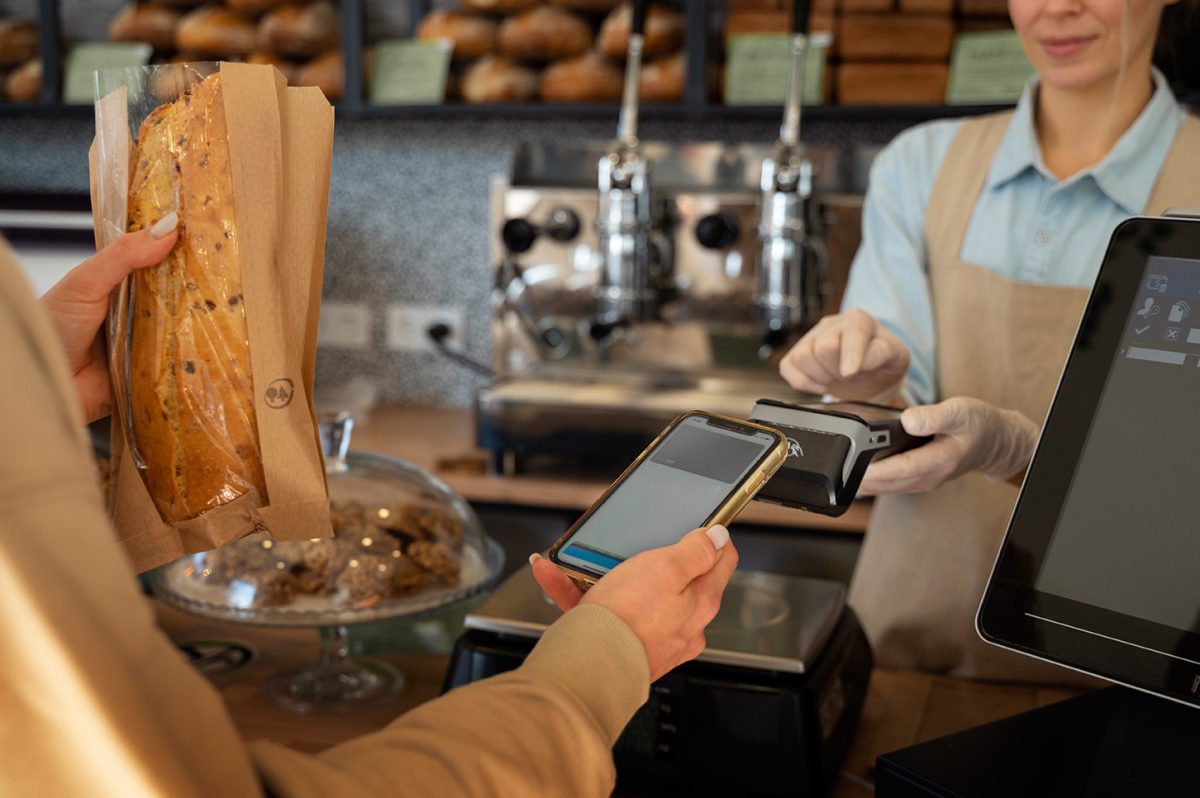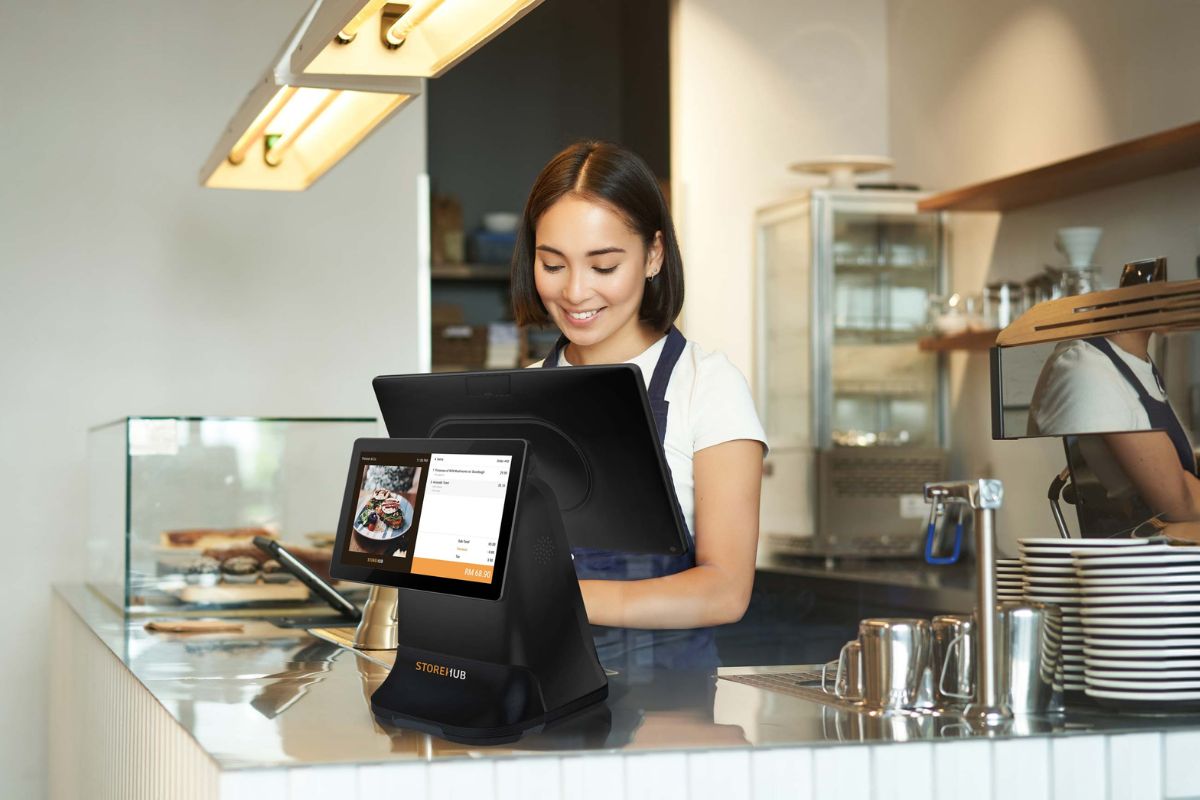The Link Between POS Systems and Sustainable Growth

In today’s highly competitive business environment, growth is not just about expanding sales—it’s about building a model that is sustainable in the long run. Businesses of all sizes, from small retailers to large restaurant chains, are recognizing the importance of technology in achieving this balance. At the heart of this digital transformation lies the Point of Sale (POS) system. Modern POS systems do far more than process transactions; they are powerful tools that connect operations, customers, and data, driving sustainable growth for forward-thinking businesses.
Streamlining Operations for Efficiency
One of the first steps toward sustainable growth is improving operational efficiency. Traditional cash registers and manual record-keeping are prone to human error, time delays, and inconsistent reporting. A POS system automates these processes, providing real-time data on sales, inventory, and customer activity.
For example, businesses can track product performance instantly, identify slow-moving items, and adjust purchasing strategies accordingly. This reduces waste, prevents overstocking, and ensures that resources are being used wisely. By minimizing errors and maximizing efficiency, POS systems allow businesses to cut costs while still delivering top-quality service.
Data-Driven Decision Making
Sustainable growth requires more than guesswork—it depends on informed decision-making. Modern POS systems provide valuable insights through detailed reports on sales trends, customer preferences, and seasonal demands.
A small retail store, for instance, can identify peak shopping hours and schedule staff accordingly, improving service without overspending on labor. A restaurant can track which menu items are most popular and optimize its offerings to reduce food waste. Over time, this data-driven approach ensures that growth is not only consistent but also resilient, as businesses can quickly adapt to changes in customer behavior and market trends.
Enhancing Customer Satisfaction
Customer satisfaction is a cornerstone of long-term success. A POS system helps businesses deliver fast, accurate, and personalized service. From reducing checkout wait times to enabling smooth payment options like mobile wallets and contactless transactions, POS technology ensures customers enjoy a seamless experience.
Additionally, many POS systems integrate loyalty programs that reward repeat customers. Personalized offers, discounts, and reminders build stronger customer relationships, increasing retention rates. Happy customers return more often, spread positive word of mouth, and contribute to steady, sustainable revenue growth.
Supporting Scalability
As businesses grow, scalability becomes a challenge. Expanding to multiple locations, introducing new sales channels, or managing larger inventories can overwhelm outdated systems. A cloud-based POS system eliminates these hurdles by offering centralized control and flexibility.
With a modern POS, a business owner can monitor multiple branches in real time, unify inventory management, and provide consistent customer experiences across all touchpoints. Whether growth happens locally or globally, the system scales with the business, ensuring expansion is smooth and sustainable.
Enabling Sustainability in Practice
Beyond financial growth, today’s customers also expect businesses to embrace environmental and social responsibility. POS systems contribute to these goals by reducing reliance on paper receipts, supporting digital transactions, and helping companies optimize supply chains to minimize waste.
For example, automated inventory tracking ensures products are ordered in the right quantities, reducing excess stock that often ends up discarded. Digital receipts cut down on paper usage while offering customers the convenience of email or SMS records. These eco-friendly features not only reduce costs but also align businesses with consumer values, strengthening brand loyalty in a sustainability-conscious market.
The Competitive Advantage
In a world where customer expectations and industry standards are constantly evolving, businesses need tools that provide both immediate results and long-term stability. POS systems offer this dual advantage. They drive operational efficiency, enhance customer experiences, and enable businesses to scale responsibly—all essential components of sustainable growth.
Companies that embrace POS technology are not just keeping up with competition; they are positioning themselves ahead of the curve. By building a foundation of efficiency, adaptability, and customer satisfaction, these businesses create a growth model that is resilient, future-ready, and truly sustainable.
Conclusion
The link between POS systems and sustainable growth is clear: they empower businesses to do more with less, make smarter decisions, and keep customers at the center of their operations. As markets become more competitive and consumer expectations rise, adopting a modern POS system is no longer optional—it’s essential for businesses that want to thrive today and tomorrow.






